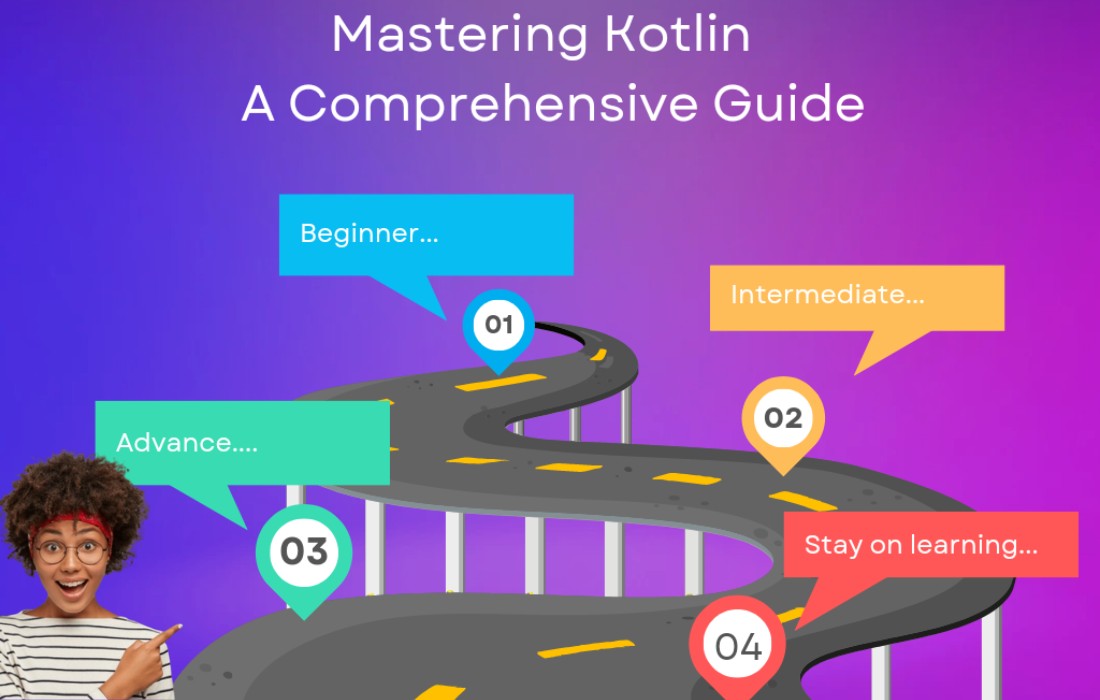Discipline. It’s a word that often evokes images of strict rules, rigid schedules, and a life devoid of spontaneity. But what if I told you that discipline is the very thing that can set you free? That it’s the key to unlocking your full potential and achieving the life you’ve always dreamed of?
Role Of Discipline In Personal Development: At its core, discipline is about taking control of your life. It’s about setting specific goals and then taking consistent action to achieve them. When you have discipline, you don’t let obstacles or setbacks derail you. You stay focused on the end goal, no matter how difficult the journey may be.
One of the most potent ways discipline can transform your life is by helping you build good habits and break bad ones. We all have habits, whether we realize it or not. Some of these habits serve us well, while others hold us back. By practicing discipline, you can consciously choose which habits to cultivate and which to let go of.
Another crucial aspect of personal development where discipline comes into play is improving self-control and willpower. Self-control is resisting temptation and sticking to your goals, even when you don’t like it. Willpower is the inner strength that allows you to keep going, even when you’re tired, stressed, or facing adversity. Discipline helps you strengthen both of these qualities over time.
Discipline In Professional Life: Discipline is equally vital in the professional realm. It allows you to show up consistently and put in the work required to succeed day after day. Whether you’re an entrepreneur, a freelancer, or an employee climbing the corporate ladder, discipline is essential.
One way discipline enhances your professional life is by boosting productivity and performance. When disciplined, you can manage your time effectively and prioritize your tasks. You don’t let distractions or procrastination sabotage your progress. Instead, you focus on what matters most and get the job done.
Discipline is also crucial for achieving your career goals and advancing in your field. It takes discipline to continuously learn and develop new skills, seek growth opportunities, and take on new challenges. By consistently putting in the effort to improve yourself and your work, you demonstrate your value and dedication to your craft.
Strategies For Cultivating Discipline: So, how can you cultivate more discipline in your life? One effective strategy is to create a routine and stick to it. When you have a set structure to your day, it’s easier to stay on track and avoid getting sidetracked by distractions. Of course, your routine should be realistic and sustainable—trying to cram too much into each day can backfire and lead to burnout.
Another critical component of discipline is mindfulness and self-awareness. By paying attention to your thoughts, feelings, and behaviors, you can recognize patterns of undisciplined actions. For example, you might tend to procrastinate when you’re overwhelmed or give in to temptation when stressed. By bringing awareness to these tendencies, you can develop strategies for overcoming them.
Seeking accountability and support can also be incredibly helpful in your discipline journey. Having an accountability partner who checks in on your progress and helps keep you motivated can make a huge difference. Joining a community or group of like-minded individuals working on personal development can provide valuable encouragement and inspiration.
Overcoming Common Obstacles To Discipline: Of course, cultivating discipline is easier said than done. We all face obstacles and challenges along the way. Common roadblocks are procrastination and lack of motivation. When you’re feeling uninspired or overwhelmed, putting things off or giving up altogether can be tempting.
To combat procrastination, it’s essential to understand its root causes. Are you afraid of failing? Is perfectionism holding you back? Once you identify the underlying issues, you can start to develop strategies for overcoming the resistance. Setting small, achievable goals and celebrating your progress can help boost motivation.
Another obstacle many people face is fear of failure and perfectionism. The fear of not being good enough can paralyze us, preventing us from trying. But here’s the thing: failure is a natural part of learning and growth. By reframing failure as an opportunity to learn and improve, you can let go of perfectionism and embrace progress over perfection.
Finally, it’s crucial to recognize the importance of self-care in avoiding burnout. Discipline doesn’t mean pushing yourself to the brink of exhaustion. Taking care of yourself—getting enough sleep, eating well, and making time for relaxation and fun—is essential for maintaining discipline in the long run.
Real-Life Examples And Success Stories: Still not convinced about the power of discipline? Just look at some of the most successful people throughout history. From athletes like Michael Jordan and Serena Williams to entrepreneurs like Elon Musk and Oprah Winfrey, discipline has been a critical factor in their achievements.
But you don’t have to be famous to reap the benefits of discipline. Countless everyday people have transformed their lives by embracing this powerful tool. Take, for example, the story of John, a middle-aged man who was overweight, in debt, and stuck in a dead-end job. By committing to a disciplined routine of exercise, healthy eating, and financial planning, John was able to lose 50 pounds, pay off his credit card balances, and land his dream job within a year.
Or consider the story of Sarah, a young woman who struggled with anxiety and low self-esteem. By practicing daily discipline through meditation, journaling, and self-care, Sarah overcame her fear, built her confidence, and started her own successful business.
Conclusion: Discipline truly is everything. It’s the foundation upon which all personal and professional growth is built. By cultivating discipline, you can achieve your goals, build positive habits, and unlock your full potential.
The journey to discipline is never easy. There will be obstacles and challenges along the way. But by staying focused on your goals, seeking support and accountability, and practicing self-compassion, you can overcome these roadblocks and keep moving forward.












